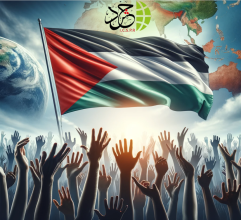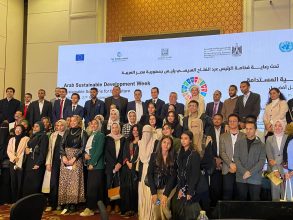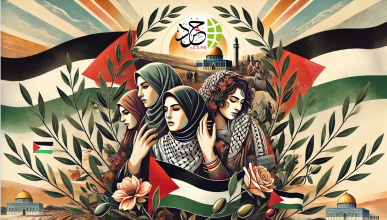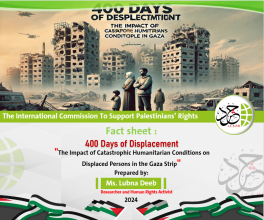
The International Commission “Hashd” publishes a paper titled “Democratic transformation in Palestine: Problems and challenges “
Date: May 29, 2023
Native language: Arabic
Democratic transformation in Palestine:
Problems and challenges
Eng. Tayseer Moheisen
My intervention focuses on the democratic transition in the occupied Palestinian territory from 1967 to the present day. We are dealing with an issue outside of its global context, in an occupied society, and in a national liberation movement obligated to combine liberation duties with construction requirements.
The first phase (1967-1993) saw a democratic pattern corresponding to the march to freedom.
Within 20 years, a socioeconomic arrangement, as well as analogous to the process of nation formation, with cultural and political components, has emerged. I was carrying Palestinian patriotic sentiments. The press thrived, universities were founded, political institutions (Orient House) were constructed, education expanded, a middle class arose, national coalitions were formed, volunteer groups emerged, and anti-occupation municipal, syndicate and professional elections were conducted. establish a diversified political landscape, Despite certain instances of violence and rejection of the other, the dominant culture favored conversation, negotiation, and tolerance. The initial harbingers of democratization regressed in the last years of the 1987 uprising as a result of the occupation’s intense onslaught, symptoms of self-undermining, and foreign factors (politicized funding, influence on choices). “Democratization” was mostly due to the impact of political and intellectual elites, civil society activists, and popular movements.
Democratization was not an expression of the transition from an authoritarian regime but of a rebellion against occupation, of the transition from the dominance of traditional organic relations to relations of free contracting, rational dialogue, interest negotiation, and mutual concessions.
The occupation policies that restrict rights, hinder growth and technological advancement, and restrict national ambitions are among the most obvious obstacles here, and have hindered the establishment of the democratic trend. Exacerbation of ideological division in the context of the development of the Islamic tendency, as well as certain instances of dispute within PLO components over exclusivity, neglect, and corruption. The traditional nature of a society that lives in the conflict between disintegration and building, in which vertical, patriarchal, and patriarchal connections predominate, and which, in general, is an impediment to democratic development. External impacts include politicized financing, instructions from the organization’s leadership, and political influences from Arab capitals.
The second phase: unstable democratization (1993–2005).





